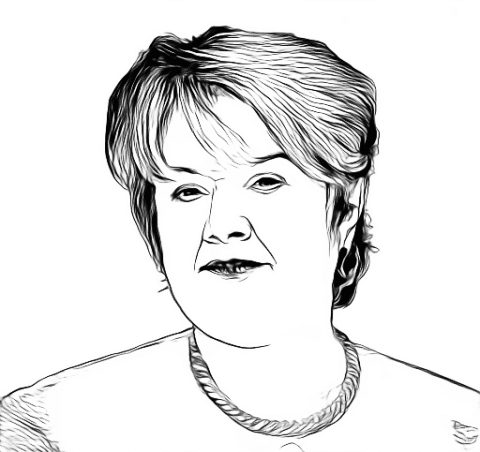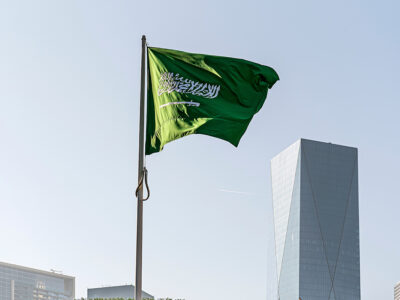In today’s fast-paced professional world, the concept of taking a career break is gaining significant traction. According to a LinkedIn survey of 23,000 workers in 2022, nearly 62 percent of employees have taken a career break at some point, and 35 percent are interested in doing so in the future.
This trend underscores a shifting mindset where employees recognise the value of stepping away from their careers, whether for personal growth, health reasons or to explore new opportunities.
The LinkedIn “Career Break” feature
Reflecting this trend, LinkedIn introduced a “Career Break” feature in 2022, enabling members to indicate breaks in their work history for various reasons, including full-time parenting, travel, bereavement, relocation, and career transitions. By November 2023, over 1 million LinkedIn members had adopted this feature, signaling a significant shift in how career gaps are perceived and reported.
The importance of acknowledging career gaps
One of the critical aspects of managing a career break is acknowledging it, which is why the LinkedIn feature is so helpful. Career gaps can arise from numerous situations, such as health and wellness, caring responsibilities, bereavement, job loss, education and training, relocation (especially when following a spouse who has secured a role in another country), and career changes.
When it comes to interviews, discussing career gaps can sometimes feel daunting. It’s essential to approach this topic positively, explaining the reasons behind the gap. Being truthful and upfront is vital. While it might be uncomfortable to talk about, for instance, losing a job, focusing on a positive response can demonstrate resilience and self-awareness. Practice this with a friend before going to an interview.
Making the most of your career break
What you do during a career break can significantly impact your professional trajectory. Here are some productive ways to utilise this time:
Developing new skills
Continuous learning is crucial in today’s competitive job market. Use a career break to develop new skills that can enhance your career prospects. While not exactly a career break, I used the enforced stay-at-home time during the pandemic to become a chartered management accountant so that I could be available to sit on audit committees in the future. Acquiring new skills can open up new career opportunities and keep you relevant in your field.
Learning a new language
Learning a new language is always beneficial and can provide a significant advantage, especially if you plan to work in a different country. It can also enhance your cognitive abilities and open up new cultural experiences.
Improving your health
Career breaks provide an excellent opportunity to focus on your health. Many of us spend long hours working on computers, leading to issues like back pain, neck strain, and poor vision. Use this time to improve your physical health through regular exercise, healthy eating, and mental health practices such as meditation and mindfulness. My next career break is going to involve lots of yoga!
Educational development
Consider pursuing further education during a career break. Enroll in an MBA programme (e.g. ours! which is available online as well as here in Dubai), gain professional qualifications, or even pursue nano credentials in areas such as AI, data science, or coding. Advancing your education can make you more competitive and open doors to new career opportunities.

Maintaining your social capital
Staying connected with your professional network is crucial during a career break. Attend industry events, subscribe to relevant journals, join online forums, and engage in discussions to stay updated and visible in your field. Your professional network can also provide support and guidance during your break.
Volunteering
Volunteering for causes you care about can be a fulfilling way to spend your career break. It allows you to give back to the community while gaining valuable experiences that can be highlighted in your resume. It also shows you are using your time in a way that benefits society, which will appeal to many employers and give you something interesting to discuss during the interview.
Starting a passion project
A career break is a perfect time to pursue hobbies and passions that you might have neglected. Whether it’s painting, cooking, or writing, engaging in creative activities can be deeply satisfying. I plan to spend my next sabbatical writing a biography of Lachlan Macquarie, who was sent from the UK to govern what is now Australia in 1810, and whose career trajectory I am fascinated by.
Freelancing
If feasible, take on freelance projects or short-term contracts during your career break. This keeps your skills fresh and fills the gap in your resume. Freelancing can also provide flexibility and allow you to explore different industries.
Reassessing career goals
Career breaks can be a time to reassess your career goals and consider new directions. Whether you are contemplating a move to a different industry or a complete career change, taking a pause can provide the clarity needed to make informed decisions. Seeking advice from mentors, career counselors, or family members can be invaluable during this period. Use this time to set new goals and work towards achieving them. I recommend Hermina Ibarra’s book Working Identity for everyone contemplating a complete career change.

Explaining employment gaps in cover letters
When it comes to explaining employment gaps in cover letters, a strategic approach is essential. Describe your activities during the gap succinctly, focusing on developmental experiences. Highlight the transferable skills you gained and how they apply to the role you are seeking. If you are still having a career break, conclude with a statement about your enthusiasm and readiness to return to the workforce, emphasising your preparedness and eagerness to contribute.
Taking a career break is increasingly common in the professional world. Whether for personal growth, skill development, or reassessment of career goals, a well-utilised break can significantly enhance your professional and personal life. Acknowledging and strategically explaining career gaps can turn a potential setback into a powerful narrative of growth and resilience. Just ask the 1m people on LinkedIn!









